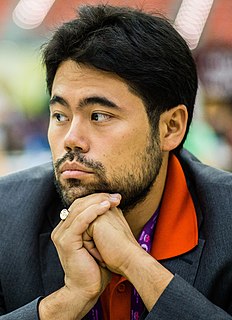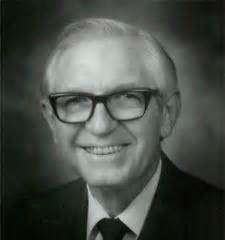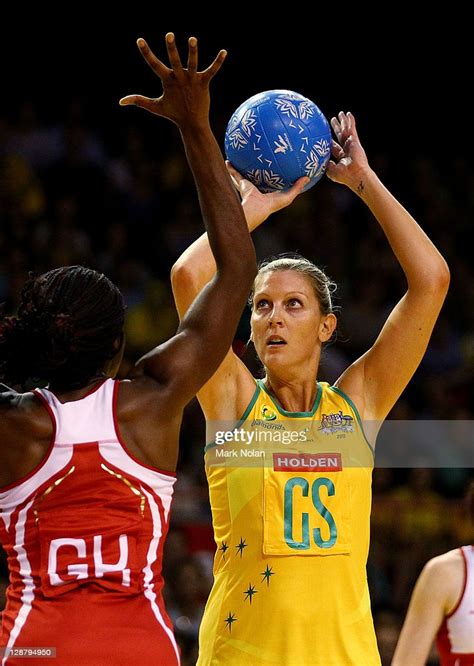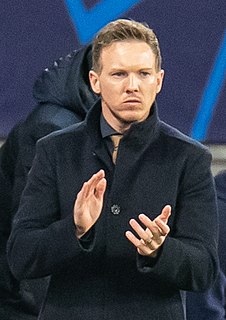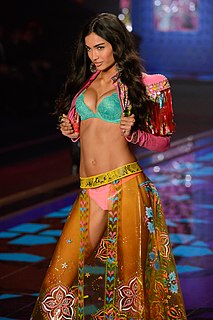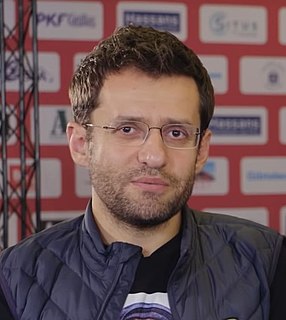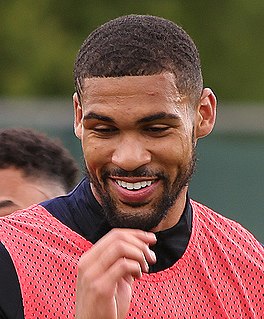A Quote by Viswanathan Anand
It's important, according to me, to train in small doses so as to not lose the joy of playing chess. I personally think too many coaching and training classes may take away a child's interest in the game itself. The essential thing to do is practise often and, in case of a doubt, to consult a trainer.
Related Quotes
One thing with Garry, and I think it is due in a large part to his Soviet training, he'll never quite understand that you have to be able to criticize constructively. When you have someone who is always on your case and it's never good enough no matter how you win a game, it just brings you down, you lose confidence. And as a chess player you have to be confident, you have to believe in yourself.
Chess is more than a game or a mental training. It is a distinct attainment. I have always regarded the playing of chess and the accomplishment of a good game as an art, and something to be admired no less than an artist's canvas or the product of a sculptor's chisel. Chess is a mental diversion rather than a game. It is both artistic and scientific.
It is true that when we take chances, we stand to lose. But it is also true that we will never win anything if we never even enter the game. Lucky people are aware of the possibility of losing, and indeed they may lose often. But since the chances they take are small, the losses tend to be small. By being willing to accept small losses they put themselves in position to make large gains.
Like Dvoretsky, I think that (all other things being equal), the analytical method of studying chess must give you a colossal advantage over the chess pragmatist, and that there can be no certainty in chess without analysis. I personally acquired these views from my sessions with Mikhail Botvinnik, and they laid the foundations of my chess-playing life.
The Advantage is that mathematics is a field in which one's blunders tend to show very clearly and can be corrected or erased with a stroke of the pencil. It is a field which has often been compared with chess, but differs from the latter in that it is only one's best moments that count and not one's worst. A single inattention may lose a chess game, whereas a single successful approach to a problem, among many which have been relegated to the wastebasket, will make a mathematician's reputation.
Take your job seriously, BUT don't take their complaints personally. If you take it personally you'll get upset and lose your edge. If you take it too personally, you'll lose your edge and your job. If you take it seriously -- it's you with them. If you take it personally, it's you against them. What steps can you take to ensure keeping your cool?
A man may daydream of how he would spend a million dollars, but playing the same game with a billion dollars sours the fantasy. There are too many possibilities. The house he once wished for with all his heart is suddenly too small. The travel, too cheap. He wanted to visit an island. Now he contemplates buying one.
I was a professional chess player in Romania, but only a small-time master. When I came to France, I continued playing chess for many years: I played tournaments in numerous countries with mixed results. I wrote and published a book - La Défense Alekhine and translated two others from Russian. I taught chess in schools; I earned more money through chess than through literature.


